if you fear you have been abusive to a partner, what can you do?
/identify-and-cope-with-emotional-abuse-4156673.png_V2-a315b1a6c140405ba9f65c85d5473647.png) What Is Emotional Abuse?
What Is Emotional Abuse?Your cookies seem to be disabled. Setting preferences will not work until you activate cookies in your browser. Your cookies seem to be disabled. Setting preferences will not work until you activate cookies in your browser. Your cookies seem to be disabled. Setting preferences will not work until you activate cookies in your browser. What language should Google use products? Currently showing search results in:EnglishSafeSearch Filters Google InstantAuto-complete page with trend searches Where results openSearch customizationRegion Settings To retain configuration, you must activate Reinstall Chrome to stay safe You are using an earlier version of Chrome
/throwing-the-towel-in-marriage-2300478_final_CORRECTED-7c4f8306a7054536a4131bc6d9e5bc88.png)
Making the Decision to End Your Marriage
What to do when you're the abusive partner | by E.B. Johnson | LV Development | Medium
/fear-of-intimacy-2671818_V2-5a54ee6f1a79469f856d804da928d015.png)
Fear of Intimacy: Signs, Causes, and Coping Strategies
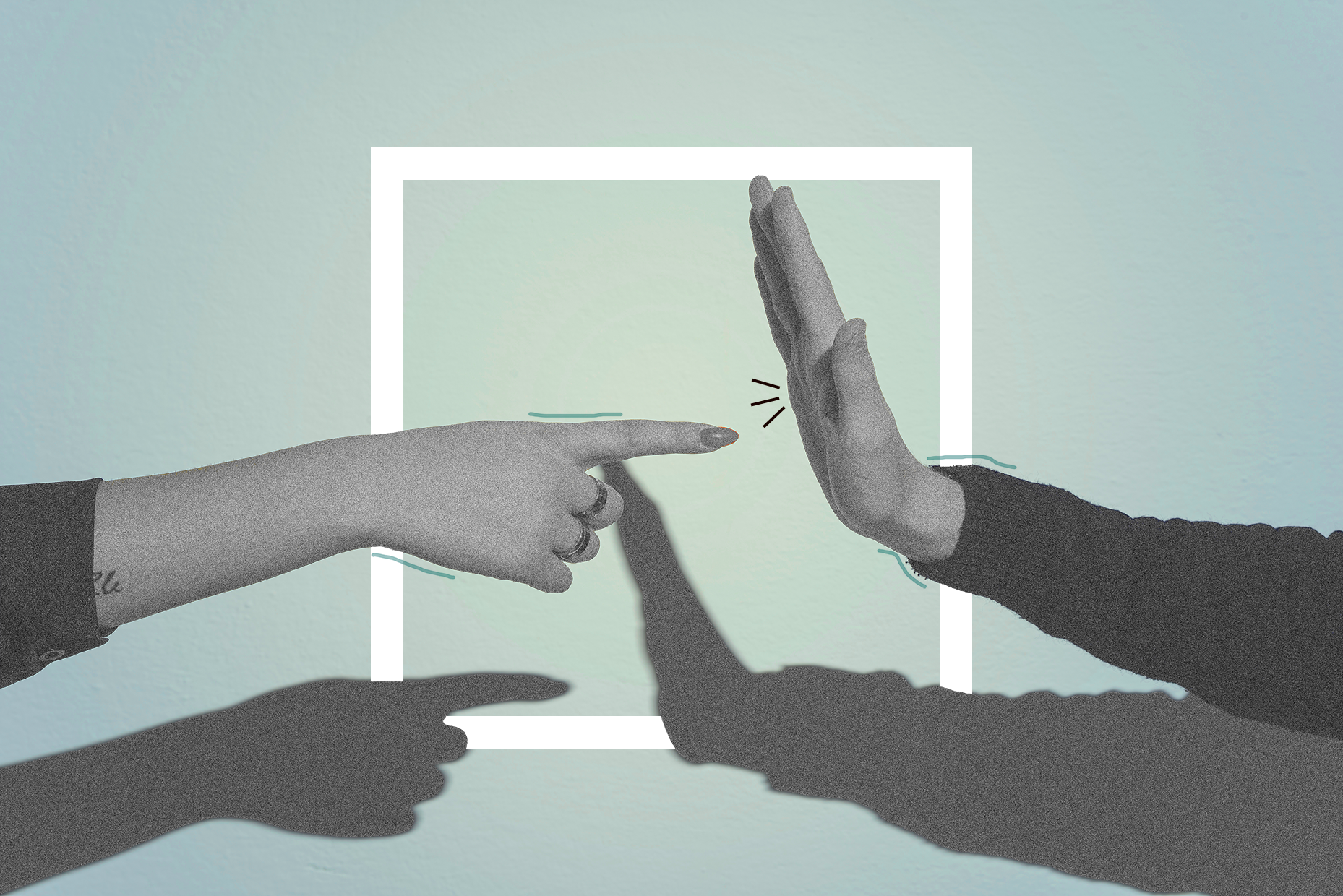
11 Emotional Abuse Signs - How to Tell If Your Partner or Parent Is Emotionally Abusive

When You're Hooked On an Abusive Partner and Scared to Walk Away
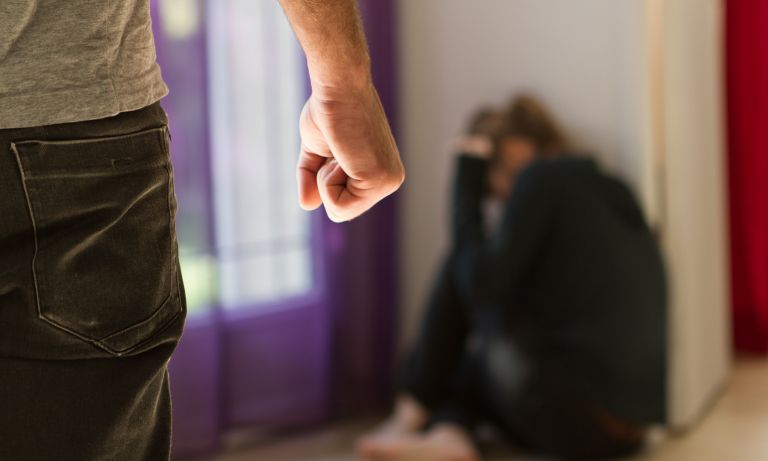
Domestic Violence and Abuse - HelpGuide.org

A moment that changed me: having the courage to leave an abusive relationship | Domestic violence | The Guardian

What to Do When You Have Been Abusive

5 Common Mistakes that Increase Abuse | Psychology Today

How to Get Out of an Abusive Relationship - HelpGuide.org

Emotionally Abusive Relationships Can Be Hard To Recognize. Here's Why
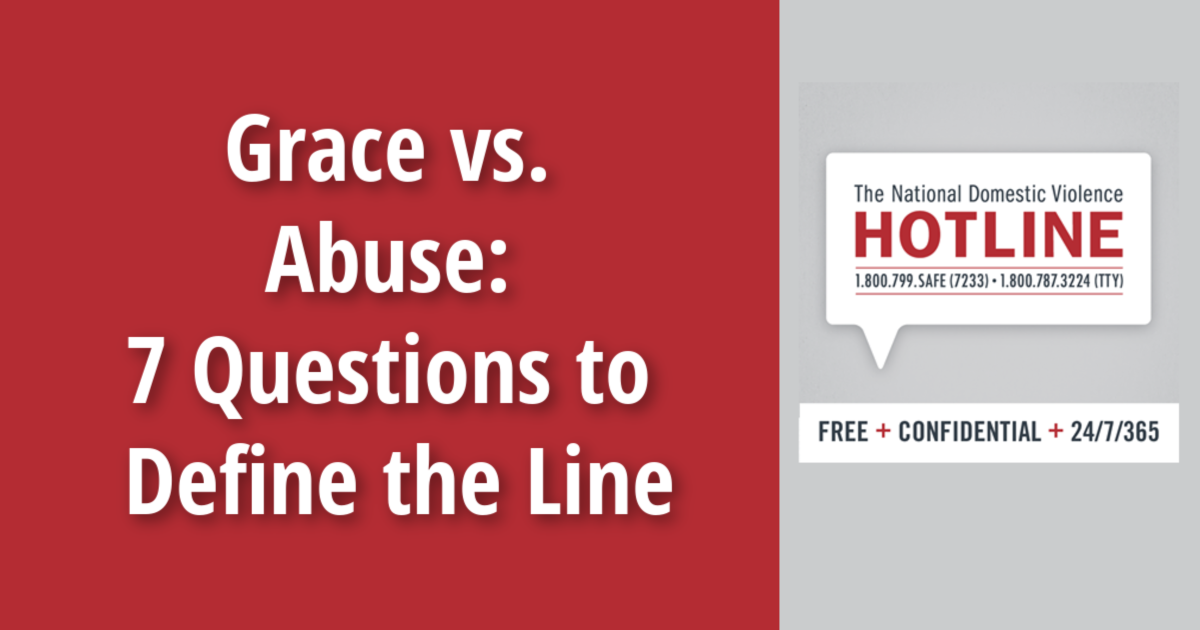
Grace vs. Abuse: 7 Questions to Define the Line | by Stacy Brookman: Real Life Resilience | Real Life Resilience | Medium

Leaving an abusive relationship | womenshealth.gov

What is Post-Separation Control - COERCIVE CONTROL
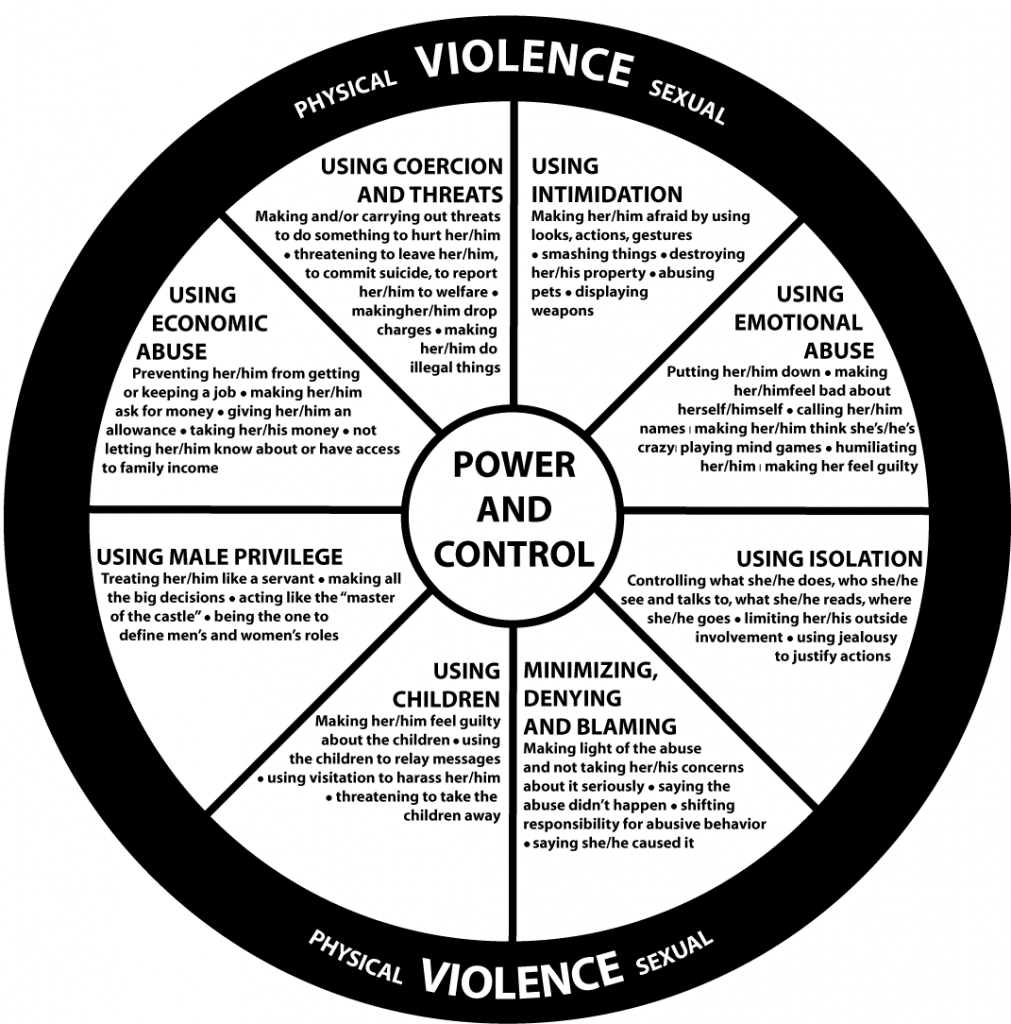
6 Different Types of Abuse - REACH

9 Things To Know About Loving Again After Emotional Abuse | HuffPost Life
/fear-of-abandonment-2671741_final-7a9e9aa84a5a4f91890ec51e1d442983.png)
Understanding Fear of Abandonment

Forms of Emotional and Verbal Abuse You May Be Overlooking | Psychology Today

7 Red Flags That You're Working for an Emotionally Abusive Boss | Fairygodboss

Emotional Abuse Test

9 Signs You're Ready To Leave Your Abusive Relationship

Signs of Emotional Abuse at Work (and How to React) | Cleverism

Why don't women leave abusive relationships? | locallove

Living with a New Partner After Abuse

How to Help a Friend in an Abusive Relationship | SELF

How to help a friend who is being abused | womenshealth.gov

Domestic Violence - For Your Marriage

64 Signs of Mental and Emotional Abuse: How to Identify It, What to Do

Help for Men Who are Being Abused - HelpGuide.org
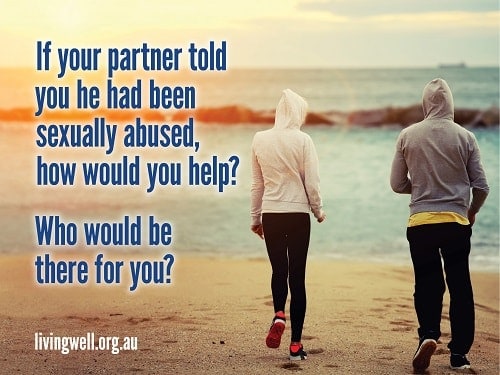
When your partner discloses sexual abuse

Why don't women leave abusive relationships? | locallove

Emotional abuse: The short- and long-term effects

11 Major Signs of Emotional Abuse in a Relationship | Allure

Are You Emotionally Abusive? | Psychology Today

Sexually Abusive Partner Warning Signs | Victim Lawyer

How To Know If You're In An Emotionally Abusive Relationship

20 things you didn't realize you were doing because of childhood emotional abuse. - GOOD

Signs of an abusive relationship | Abuse and violence | ReachOut Australia
Posting Komentar untuk "if you fear you have been abusive to a partner, what can you do?"